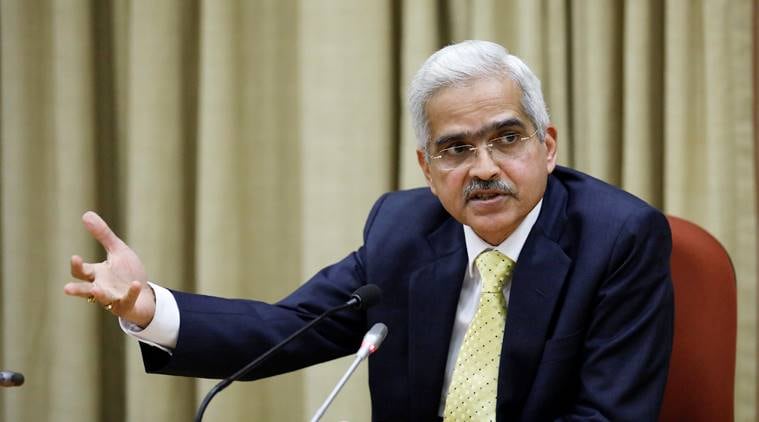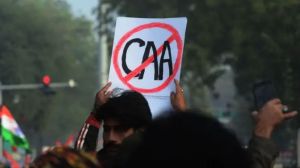Monetary Policy Committee meeting: RBI Governor, Deputy Governor differ on rate cut decision
While Shaktikanta Das wanted a 25 bps cut, Viral Acharya opted for status quo.
 Reserve Bank of India Governor Shaktikanta Das
Reserve Bank of India Governor Shaktikanta Das
Reserve Bank of India Governor Shaktikanta Das and Deputy Governor Viral Acharya differed on the issue of cutting Repo rate in the bi-monthly monetary policy statement for 2018-19, the first time that the central bank head and his deputy in-charge of monetary policy, are on either side of a decision on policy rates since the Monetary Policy Committee (MPC) was formed.
While Governor Das wanted a 25 basis points reduction, Acharya, who heads the Monetary Policy Department of the RBI, opted for status quo. The rate cut was decided in a 4:2 majority decision by the RBI’s MPC, which finalises the policy rates and the inflation targets.
Of the six members in the MPC, three members are from the RBI and the remaining three are external members. Apart from Das and Acharya, the third member from the RBI is Michael D Patra who also sought a cut in Repo rate. Ravindra H Dholakia and Pami Dua also sought a reduction in Repo rate while Chetan Ghate sided with Acharya for status quo on rates. A clear picture on which issues Acharya differed from Governor and other MPC members will be known only when the RBI releases the minutes of the MPC meeting later.
“While the MPC was unanimous in voting for the shift in monetary policy stance, there was divergence in the voting pattern. A 4-2 voting outcome is the first in the history of RBI’s MPC. The emerging difference in opinion is likely to be evaluated closely by market participants to assess future policy cues,” said Shubhada Rao, chief economist and Vivek Kumar, senior economist, Yes Bank. “If one more member of the MPC had opposed a rate cut, there would have been a tie. In such a scenario, the Governor can exercise his casting vote and the rate cut would have been implemented,” said a banking source.
On Thursday, while Das did most of the talking at the press conference to unveil the policy statement, Acharya was asked by the Governor to explain the errors in inflation calculation. “Food is a volatile component in all the economies. In economies where food is bigger proportion of the basket, these are the central banks that tend to make larger errors. We have done some studies which shows that once you control for the fact that the Indian food basket is very volatile and large proportion in headline (inflation), the relative errors that the central bank makes are not that out of line,” Acharya said.

In the December 5 policy review, Acharya had said, “On balance, given the relatively short period of time over which inflation has softened, it is important to wait and watch, i.e., remain data-dependent as well as reliant on clear understanding of the drivers of recent data. I, therefore, vote for keeping the policy repo rate on hold and maintaining the stance of monetary policy as calibrated tightening.”
On October 26, 2018, Acharya, in his stinging criticism, reminded the government about the need for an independent central bank and warned that “governments that do not respect central bank independence will sooner or later incur the wrath of financial markets, ignite economic fire, and come to rue the day they undermined an important regulatory institution”.
The market can discipline the government not to erode central bank independence, and it can also make the government pay for its transgressions, he had said. “Interestingly, the market also forces central banks to remain accountable and independent when it is under government pressure,” he said, bringing to the fore the friction between the then RBI management led by Urjit Patel and the government on various issues. Patel quit on December 10 and Das was appointed the new RBI Governor on December 12.



- 01
- 02
- 03
- 04
- 05




























